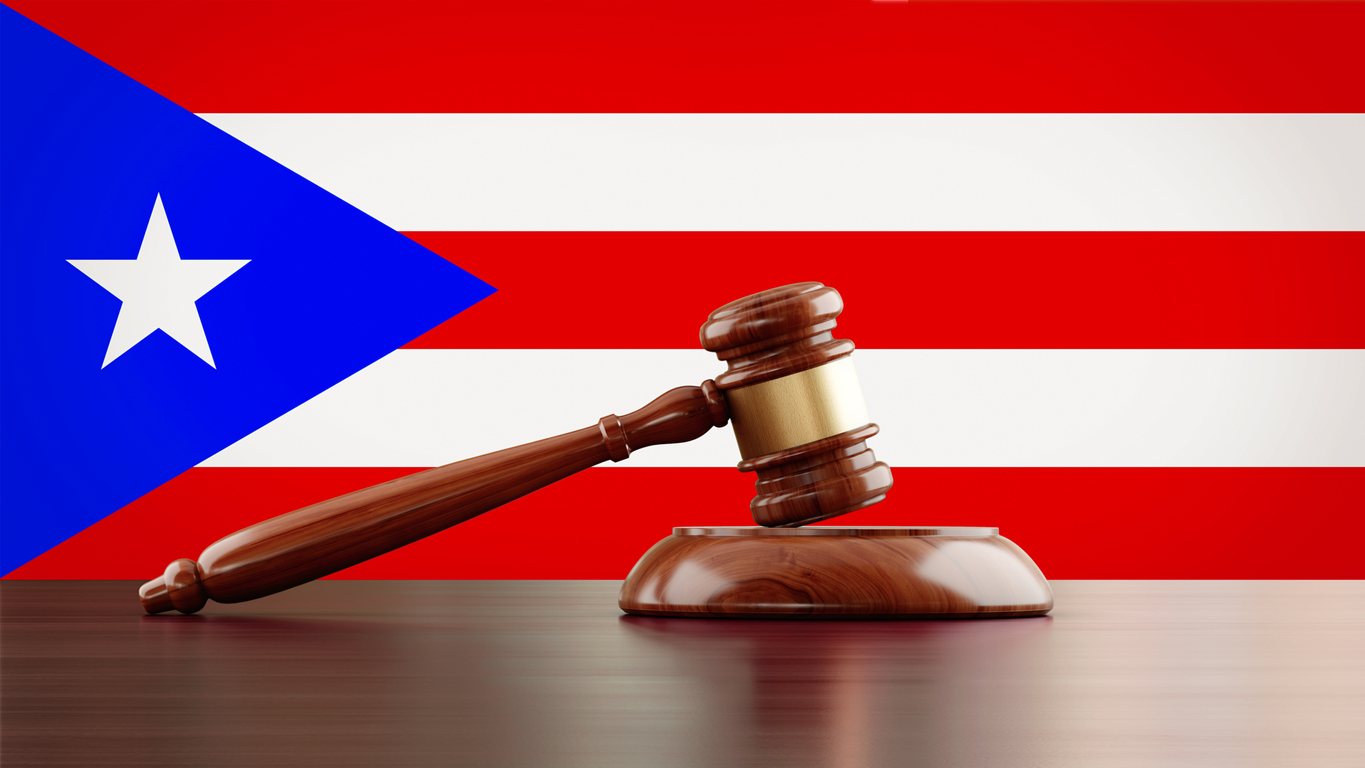With many Hurricane Maria claims still in litigation, courts are beginning to apply the Puerto Rico Supreme Court’s recent jurisprudence and making insurers pay prior adjusted property damage when not in controversy. The court of first instance of Bayamon, recently applied this new jurisprudence in, Consejo de Titulares del Condominio Lago Vista II v. MAPFRE Praico Insurance Company,1 in which the Board of Directors of Condominium Lago Vista II filed a complaint against MAPFRE requesting the payment for the already adjusted property damages caused by Hurricane Maria. The court ruled in favor of the Condominium and ordered MAPFRE to pay the amount of $269,007.82.
Facts:
The Board of Directors in representation of the Condominium residents had filed a Breach of contract complaint against MAPFRE and a Motion requesting Partial Summary Judgment regarding the property damages already adjusted by MAPFRE for the amount of $269.007.82. But MAPFRE responded in a letter that although they recognized those damages, they would only pay if Board accepted it was a total payment—in essence, they made an offer as Accord & Satisfaction.
The Board understood that the amount was inferior to the total amount of damages suffered and would only accept the sum as a partial payment. The condominium’s policy included $7,353,000.00 coverage for structural damages. MAPFRE denied partial payment, but the Board believed there was no legal reason under the recent Puerto Rico Supreme Court jurisprudence, Feliciano Aguayo v. MAPFRE,2 for MAPFRE not to issue the partial payment. MAPFRE filed opposition to the Partial Summary Judgment alleging that the amount of the adjustment was still in controversy, that under the Insurance Code this payment should not proceed, and that the recent Supreme Court ruling did not apply because it was based on facts in which the insured accepted an offer made by the insurer, which was not a fact in this case because the Board was questioning the amount adjusted.
The court granted the Partial Summary Judgment in favor of the Board after concluding that the Board was only requesting the amount already adjusted by MAPFRE, which was not in dispute. The dispute was regarding if the amount covered the total structural damages of the property or if it was just an advance or partial sum. The court ruled that it was true that this was not the total amount that covered all the damages, but it was the minimum total amount that MAPFRE was required to pay the Board regardless of the results of litigation. The court cited Carpet & Rugs Warehouse Inc. v. Tropical Reps:3
This does not mean that, with that document (the setting) as the basis of negotiation, insurer and insured may consider reaching a claim settlement contract. The possibilities of transaction between insurer and insured will only be limited by what in their day the insurer reported as appropriate in its communication or initial posture. Therefore, the insured could waive certain items in exchange for the insurer accepting others that it initially estimated improper amounts or sums of those originally offered are modified. It that in any way is not permissible is that an insurer, when faced with a claim in court, denies items that in its initial adjustment understood proceeding, in the absence of fraud or other extraordinary circumstances that deserves it.
The court held that recent jurisprudence did apply to this case contrary to MAPFRE’s allegations and ordered them to comply within 15 days with payment requested in the Partial Summary Judgment.
_____________________________________________________
1 Consejo de Titulares del Condominio Lago Vista II v. MAPFRE Praico Ins. Co., (Civil Case Number:BY2019CV05147).
2 Feliciano Aguayo v. MAPFRE, 201 TSPR 72 (2021).
3 Carpets & Rugs v. Tropical Reps, 175 D.P.R. 114 (2009).



